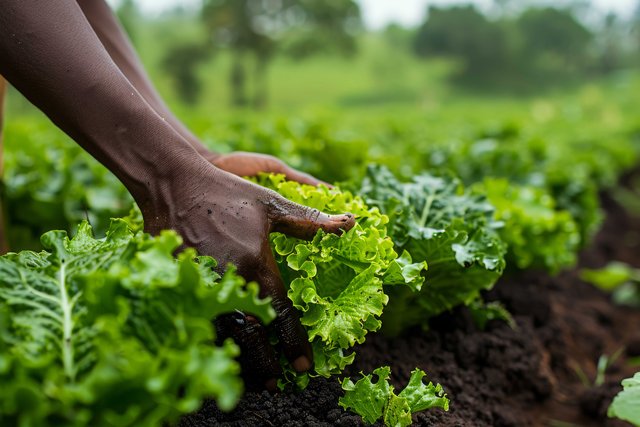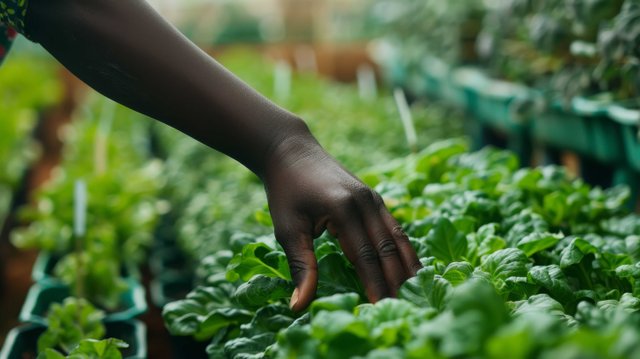Basic Knowledge in Agriculture #53
Agricultural ecology is essentially the study of how farming systems interact with their environment. It looks at the relationships between crops, animals, soil, water, and the surrounding ecosystem, aiming to develop sustainable and efficient farming practices that benefit both people and nature.
The two main component of Agricultural Ecology
Biotic Components: This includes all living things involved in farming such as crops, livestock, pests, beneficial insects, weeds, and microorganisms in the soil. Understanding these components helps farmers manage pests naturally, improve soil health, and optimize crop yields by working with nature rather than against it.
Abiotic Components: These are the non-living factors like soil, water, climate, sunlight, and nutrients. These elements influence how well plants grow and how sustainable a farm can be. Managing these abiotic factors effectively like conserving water or maintaining soil fertility is crucial for a healthy, productive farm. In essence, agricultural ecology combines knowledge of living organisms and physical environmental factors to create farming system that are productive, environmentally friendly and sustainable in the long run
I invite my friends
@Promisezella
@Imohmitch
@Alevina121
Cc
hive-118902


https://twitter.com/Chris24457624/status/1980374274679701963?t=PBhOnSyUY8Bh4E_hd7CqzA&s=19